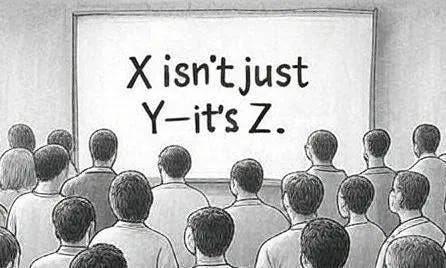Algorithmic Linguistic Compression: How Engagement Optimization Is Narrowing Human Communication
Abstract
This paper examines the systemic relationship between algorithmic content curation and linguistic diversity.
Drawing on documented cases of automated content moderation, AI-generated deception, and measurable declines in lexical variety, I argue that engagement-driven systems are creating a feedback loop that narrows the range of linguistic possibility. As humans adapt their communication to remain algorithmically visible, and as AI systems train on increasingly homogenized human output, we face the emergence of what we term “coherence camouflage”, AI-generated content that appears meaningful precisely because it mirrors the flattened patterns of human communication.
The implications extend beyond content quality to cognitive and cultural safety, suggesting that AI alignment problems may originate not in code but in the communication environment that trains these systems
1. Introduction: Language as Algorithmic Unit
In contemporary digital environments, words function less as vehicles for meaning than as units of measurement. Algorithms count, sort, and rank linguistic patterns, optimizing for engagement metrics rather than semantic depth.


